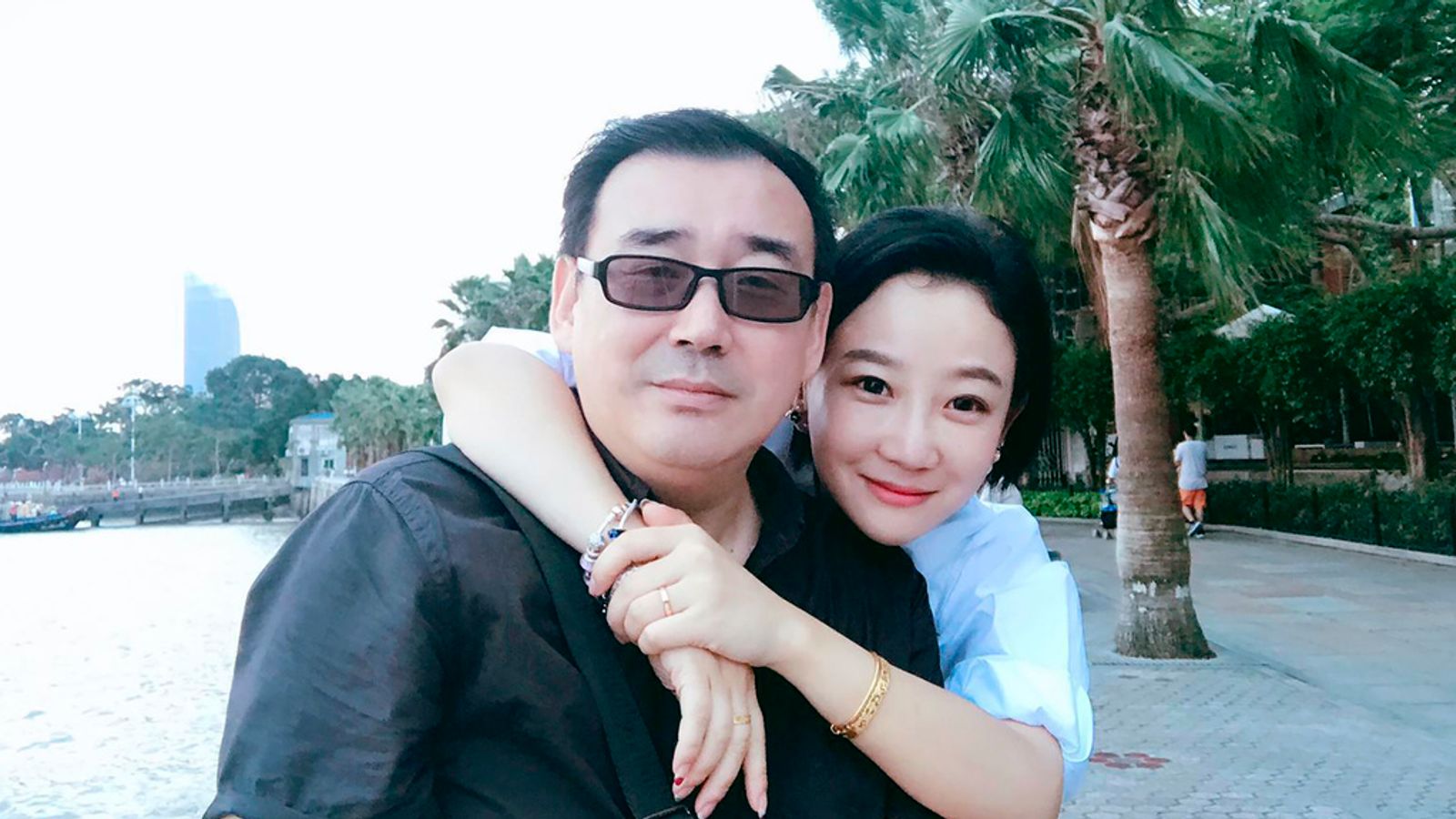China gives Australian writer suspended death sentence
Dr Yang has denied working as a spy for Australia or the US, with letters to family and supporters sent from jail further denying any wrongdoing.

China has handed an Australian writer a suspended death sentence - five years after he was arrested on suspicion of spying.
Pro-democracy academic Dr Yang Hengjun was detained at Guangzhou Airport in 2019 accused of espionage for a country China has not publicly identified.
Dr Yang's sentence, which comes three years after a closed-door trial, could be commuted to life imprisonment after two years if he doesn't commit any serious crimes in that period, according to the Australian government.
He has denied working as a spy for Australia or the US, with letters to family and supporters sent from jail further denying any wrongdoing.
Fellow Australian scholar Feng Chongyi denounced the verdict as a "serious case of injustice".
Mr Feng said: "He is punished by the Chinese government for his criticism of human rights abuses in China and his advocacy for universal values such as human rights, democracy and rule of law."
Dr Yang wrote about Chinese and US politics as a well-known blogger.
He was living in New York in 2019 working as an online shopping agent for Chinese consumers looking for American products - and was arrested while visiting China later that year.
The academic had been arrested in China once before in 2011 on suspicion of links to online democracy activists but was released after a few days following Australian government intervention.
At the time, Dr Yang had reportedly briefed Mr Feng about his work for China's Ministry of State Security for a decade from 1989 before moving to Australia for his studies.
The Chinese-born scholar also devoted time to writing spy fiction, published in Taiwan, about a double agent also called Yang.
The decision has shocked his family and supporters, as Canberra said it was "appalled" by the verdict.
A family spokesperson in Sydney said they were "shocked and devastated by this news, which comes at the extreme end of worst expectations".
Dr Yang's two sons, who live in Australia, wrote to Prime Minister Anthony Albanese in October before his trip to Beijing, urging him to seek Yang's release on medical grounds.
His supporters have argued Dr Yang should be released on medical parole after he was informed of possible kidney surgery.
Described as a "comprehensive strategic partnership" in 2014 based on strong economic, trade and cultural links, bilateral ties between Australia and China have come under pressure following the case.
Richard McGregor, of Australian independent think tank The Lowy Institute, said the verdict would "cast a shadow" over the relationship and it "acts as a potent reminder of the opacity of the Chinese system and its imperviousness to reasonable foreign complaints".
Elaine Pearson from Human Rights Watch said the sentence was "outrageous" - and called on the Australian government to work "with other governments that also have their citizens arbitrarily detained" including Canada, Japan and the US.
China has been cracking down on perceived threats to its national security, revealing several cases of spying that it caught in recent years.
The government has also been warning its citizens in the country and abroad of the dangers of getting caught up in
espionage activities.
It has been encouraging people to join counter-espionage work that includes creating channels to report suspicious activity.
China has also unleashed a sweeping crackdown on foreign consultancy and due diligence firms over threats of revealing state secrets that has unnerved foreign companies operating in the country.


